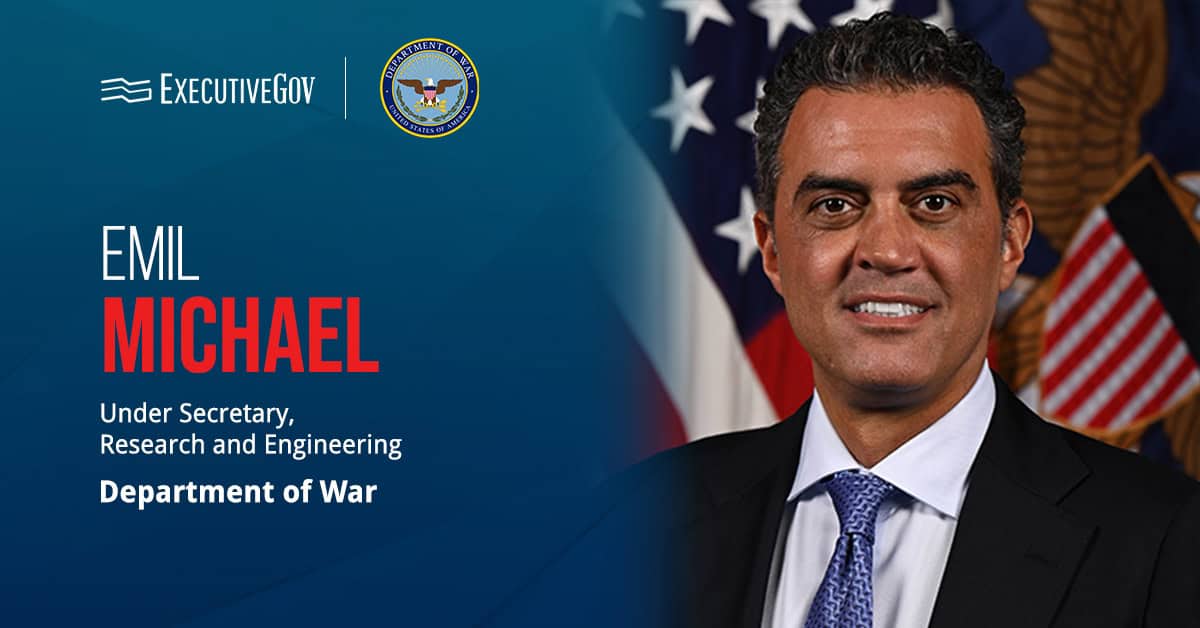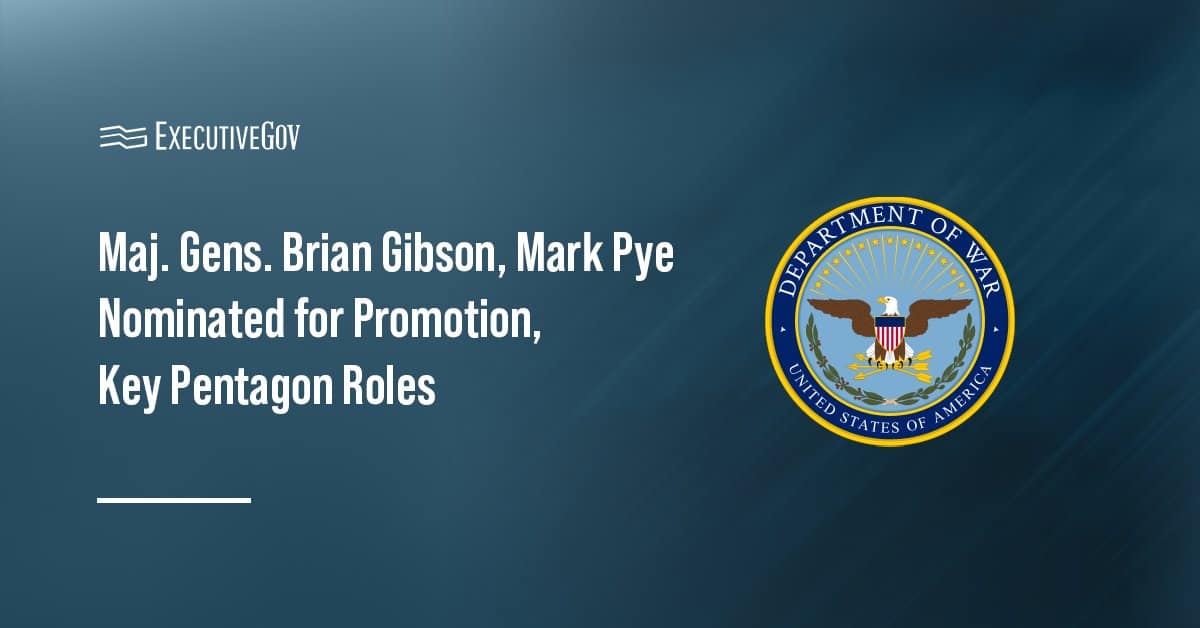
Lt. Gen. Samuel Greaves, director of the Missile Defense Agency, has said MDA needs space-based sensors to detect and monitor hypersonic threats, Breaking Defense reported Friday.
Greaves said Tuesday at the McAleese/Credit Suisse conference that hypersonics need close monitoring because they are unpredictable.
“What we are looking towards is to move the sensor architecture to space and use that advantage of space, in coordination with our ground assets, to remove the gaps,†he said at the event.
He noted that continuous monitoring is needed amid the rising use of countermeasure systems by adversaries on ballistic missiles in addition to hypersonic threats.
Greaves, a 2018 Wash100 recipient, said MDA aims to work with the U.S. Air Force on a space-based sensor system that can be pushed to achieve technology readiness level 6.





